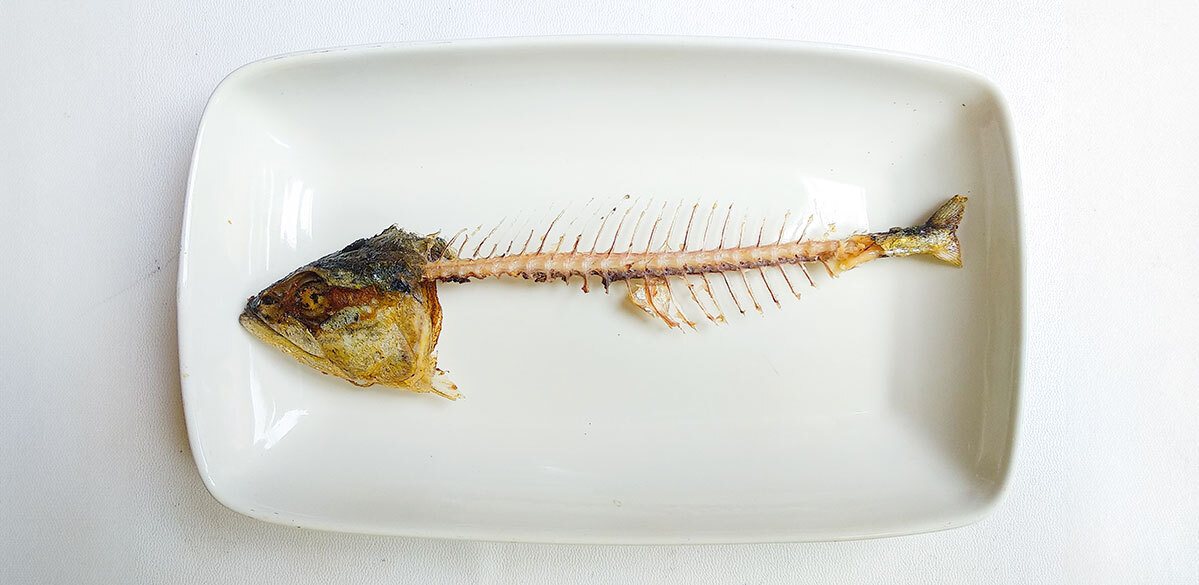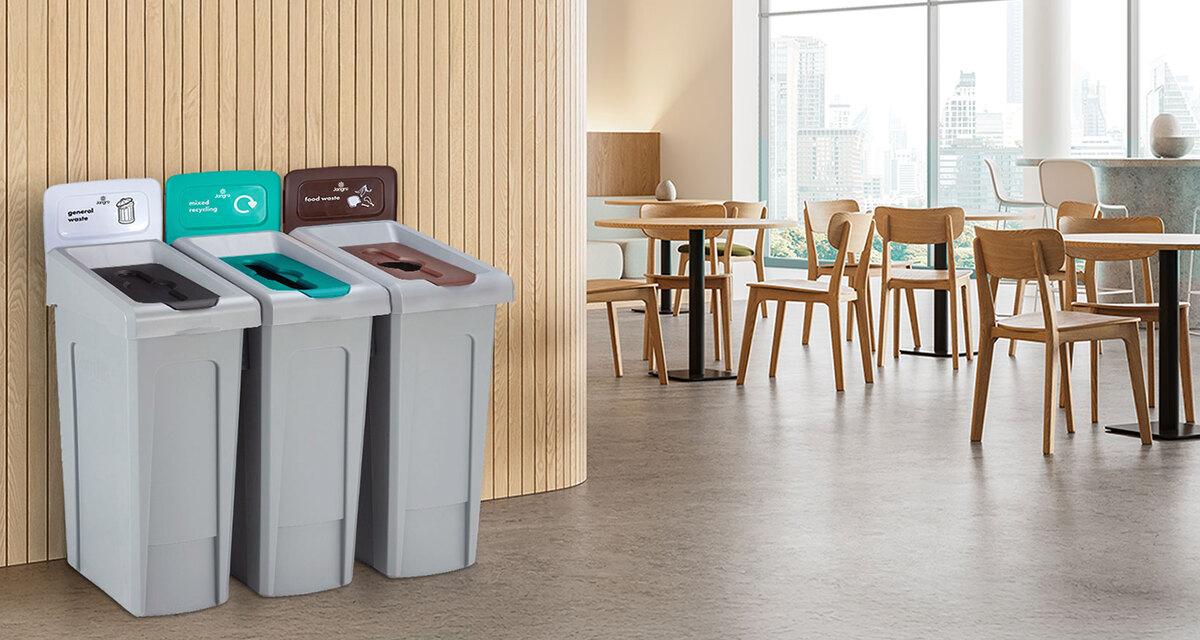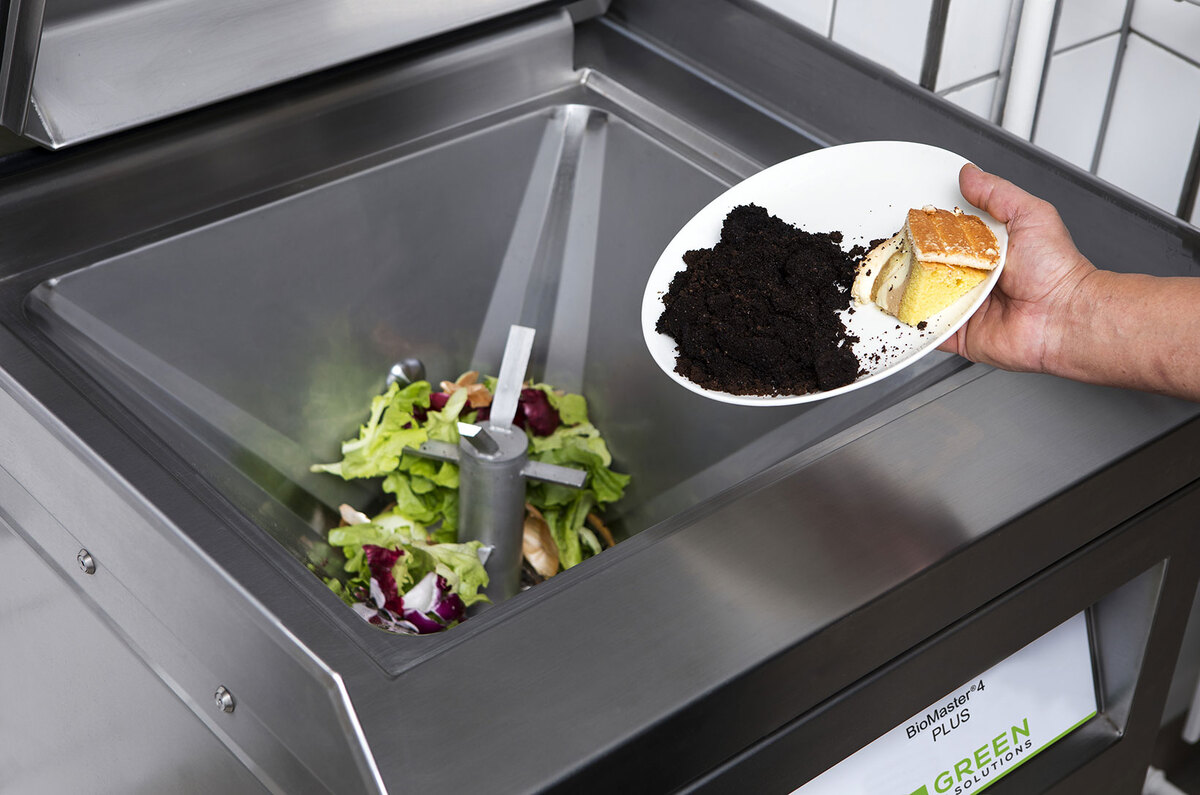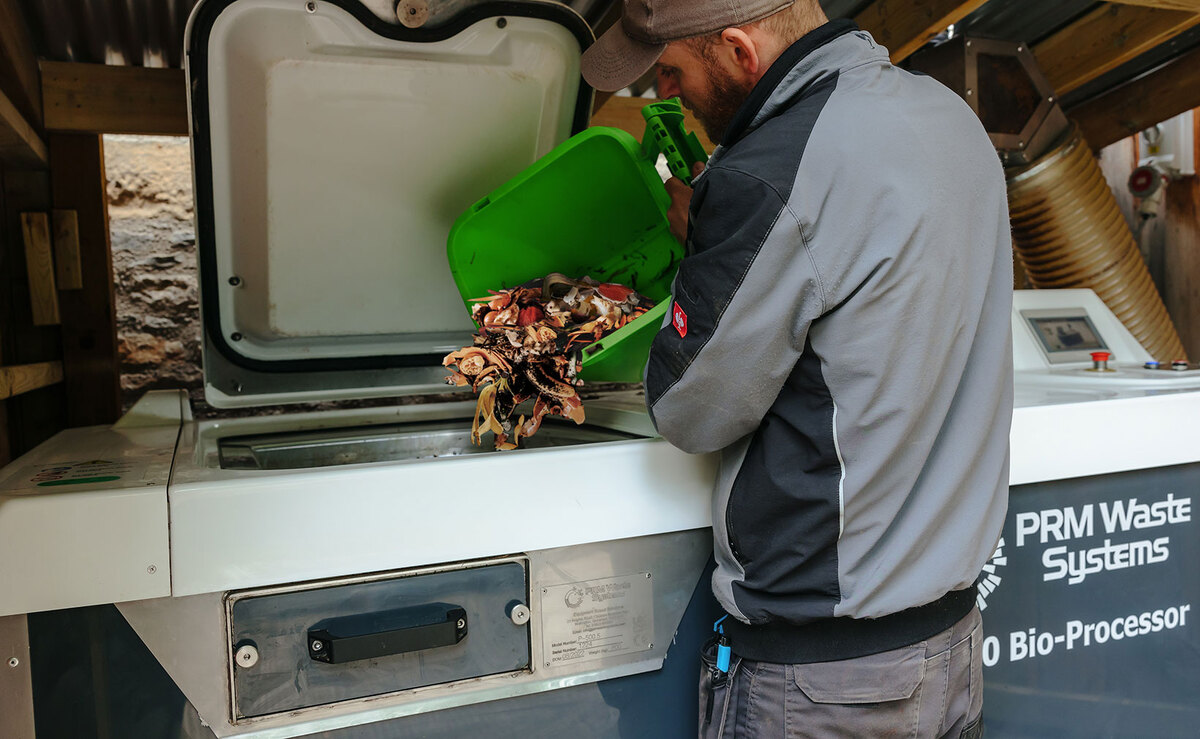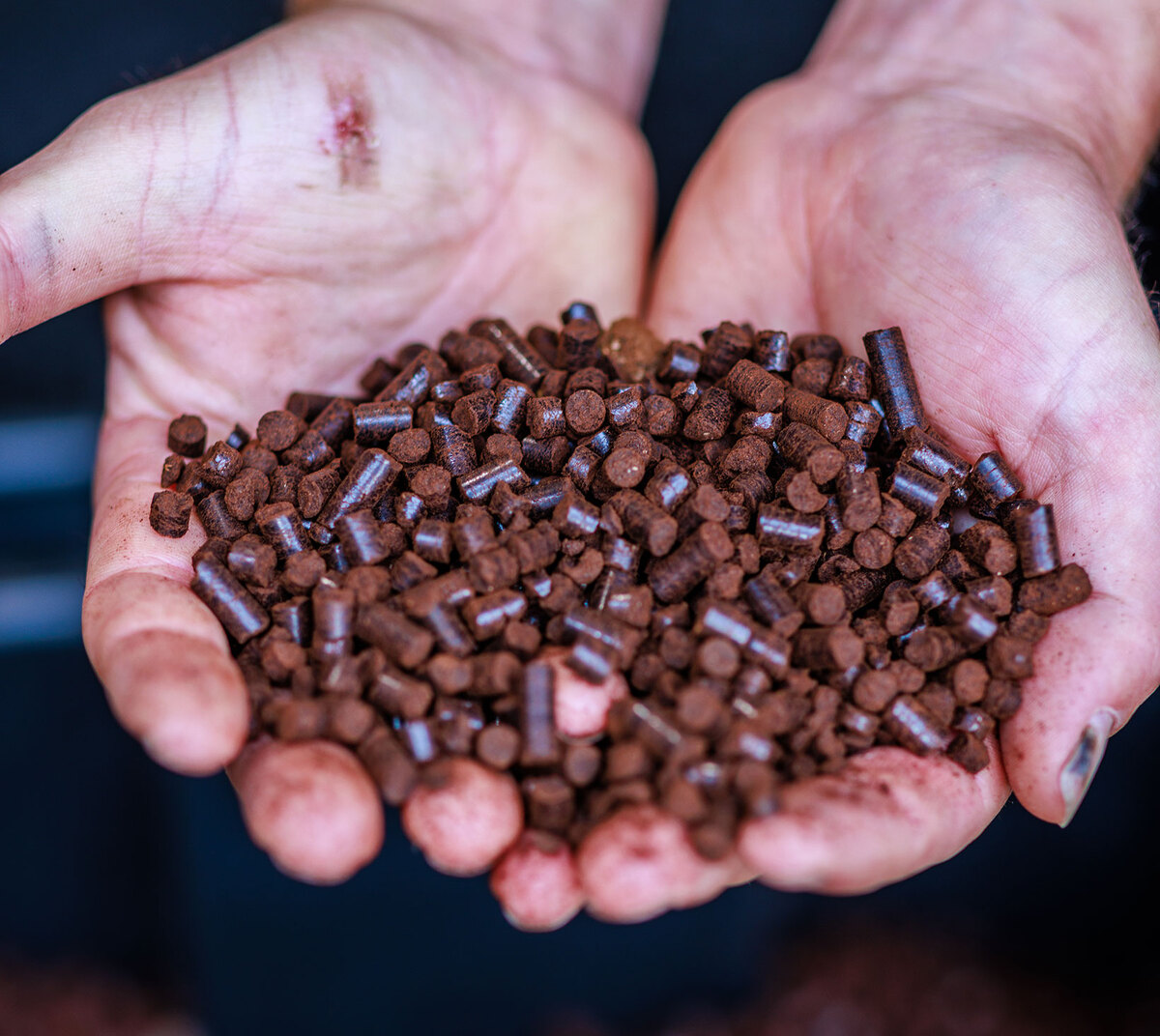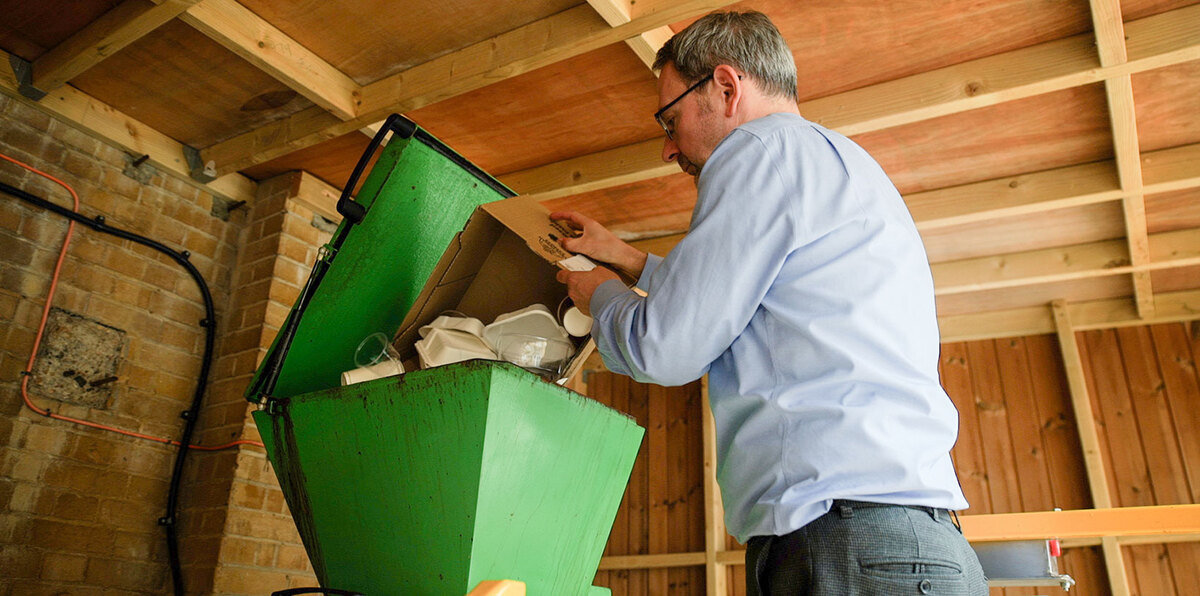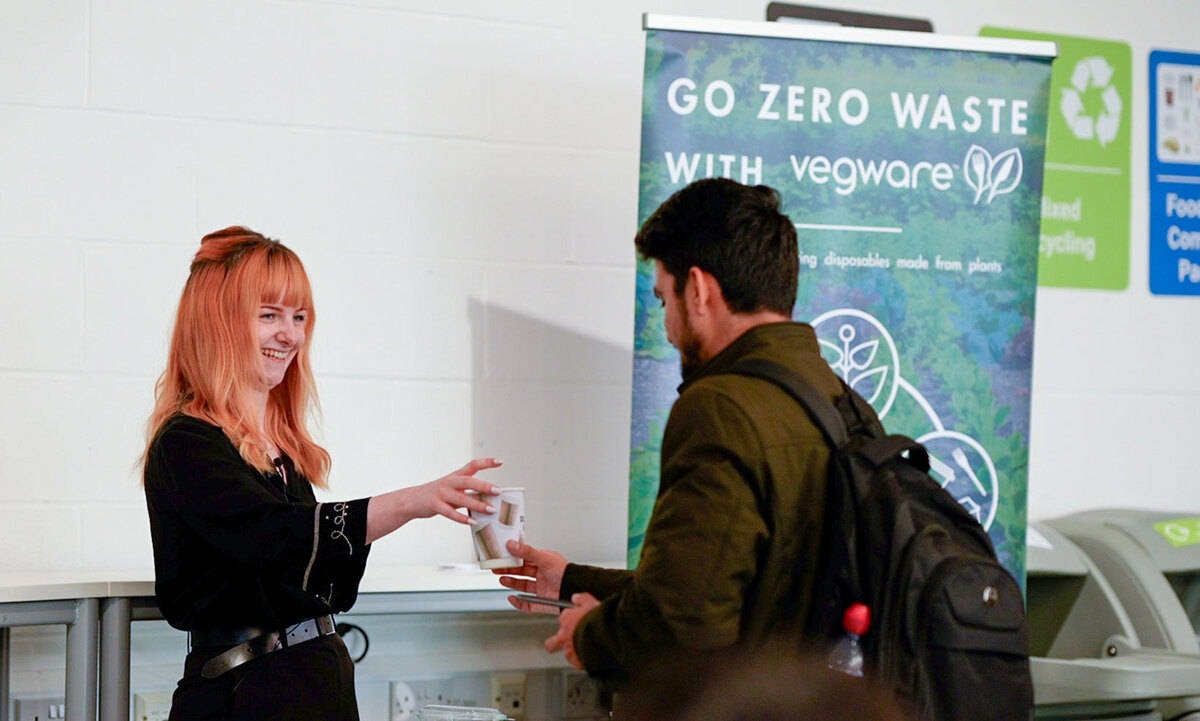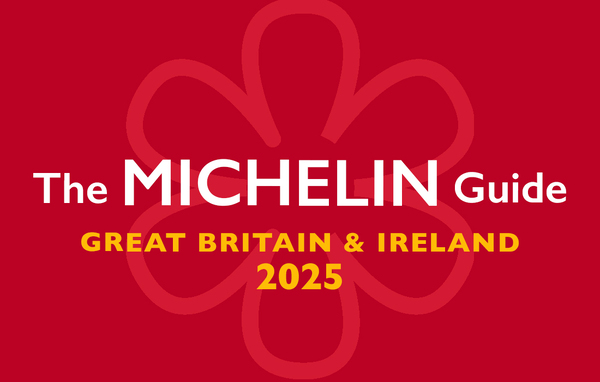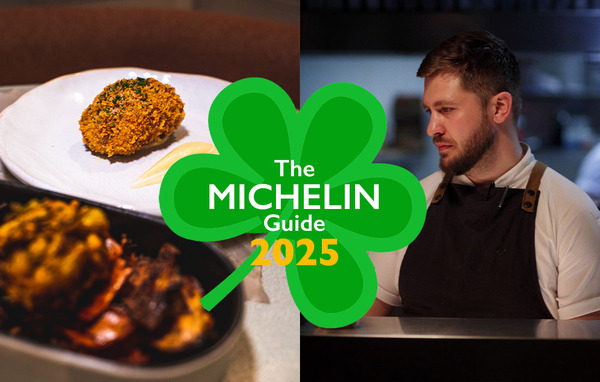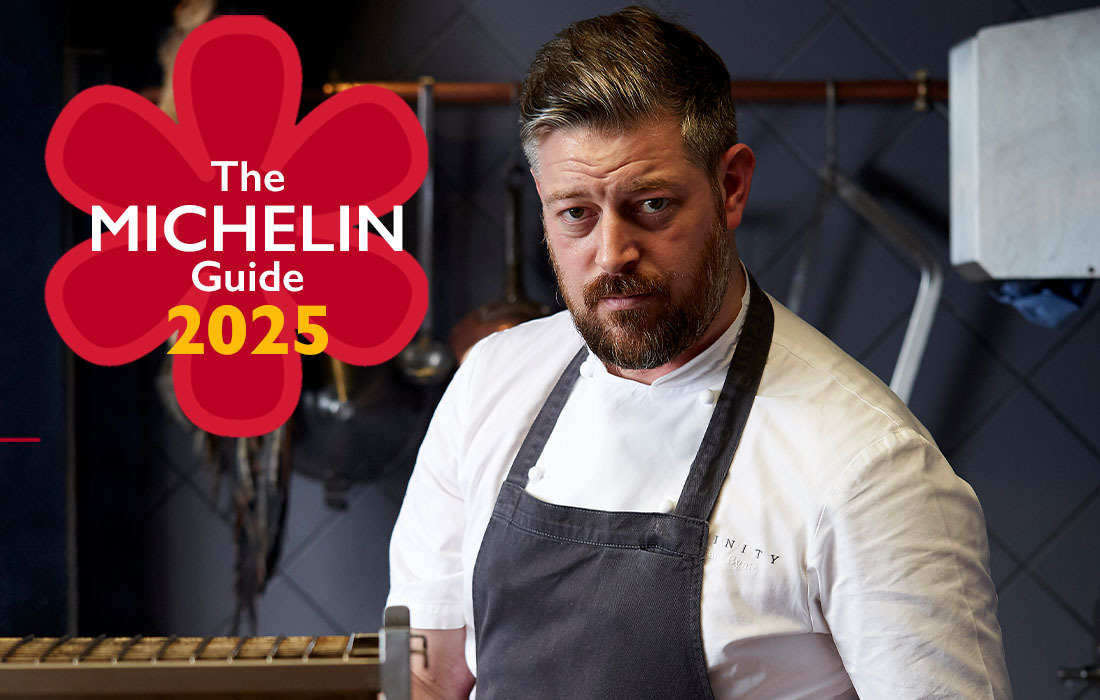Waste solutions to make Simpler Recycling rules even easier
The Simpler Recycling legislation is imminent, but suppliers are easing the transition with bio-processors that break down waste by 80% and even produce compost that smells like Christmas cake. Clare Nicholls reports
The countdown is on to the government’s Simpler Recycling regulations on 31 March in England, which mandates that businesses must separate their food waste and recycling for collection.
The law applies to businesses with more than 10 full-time employees that produce 5kg of food waste in seven consecutive days. Their food waste will need to be sorted for collection and disposal separately from their general waste and other recyclables – and not added to landfill or disposed of in the sewer system.
The Foodservice Equipment Association (FEA) supports the regulations’ aims. Technical and policy director Andy Threlfall advises: “While a lot of businesses already have robust recycling systems in place, the new regulations will require many to review and tighten up their procedures, and doubtless there will be others looking to introduce them.
“The FEA believes that technology and innovation are hugely important to meeting the challenges some foodservice businesses will face. For example, dewatering systems can be used to reduce the water content of food waste, helping to reduce transportation and handling costs.”
Steve Witt chairs the FEA’s food waste group, as well as being director of waste management equipment supplier Ecofast Environmental. He emphasises that the upcoming regulations will go hand-in-hand with the Environment Agency’s regulatory position statement (RPS) 229, which states when you can store and treat food waste from food prepared and consumed at the same premises. The RPS is due for a review after 31 March and is estimated to be released on 30 April 2025.
Witt says: “This RPS states that where food is prepared on-site, organic waste can be treated with a series of solutions. These solutions are currently being reviewed by the Water Research Centre (WRC) on behalf of DEFRA.
“Where current equipment solutions exist, these will need to meet the requirements of RPS229, the Simpler Recycling requirements, and ensure what continues to drain is to an acceptable level. It is these waste levels that are causing some concern as the UK does not have effluent waste limits. Meeting an unknown target could add future confusion to the foodservice sector and manufacturers alike.”
Key tips for Simpler Recycling
Steve Traviss, sustainability expert at waste management services Waste Managed, says there are key steps to help the industry prepare for the Simpler Recycling regulations:
- Understand the rules – familiarise yourself with the Simpler Recycling regulations.
- Set up food waste systems – introduce clearly labelled bins specifically for food waste in both the kitchen and customer-facing areas.
- Review waste contracts – speak with your waste contractor to confirm they can handle food waste separately in line with the regulations.
- Train your team – staff awareness is essential.
- Monitor and adjust – implement a system to track your food waste volumes and identify potential issues.
Jo Gilliard, chief executive at hygiene supplier Jangro, also identifies teething troubles that operators could face: “Businesses in sectors such as hospitality, catering, leisure and retail face additional challenges due to their busy environments and diverse waste streams.
“High-waste volumes during peak hours, space constraints for multiple recycling bins and maintaining hygiene while managing organic waste are significant considerations. Prioritising staff training and strategic bin placement is essential to address these issues effectively.”
Jangro offers a range of multi-stream recycling bins and stations to make it easier for organisations to comply with the new regulations.
Cutting-edge waste management solutions
As collection and disposal costs of traditional wheelie bins are expected to increase due to the new rules, David Bentley, specification manager at Meiko Green, warns that some waste collection companies are now saying they will “only collect bins when they are 30%-40% full due to weight restrictions”, where a full 240-litre bin could weigh 100kg.
“As businesses endeavour to become as ‘green’ as possible, the information in their corporate social responsibility statement is key. Is the waste collection company giving the caterer an accurate receipt for the weight of waste collected and/or biogas created?” he asks.
“Meiko’s approach helps all types of caterers. Processing and storing food waste onsite using a food waste recycling system, such as the Meiko BioMaster, improves hygiene while scoring big points with chefs and catering managers for ease of use. It also reduces collection costs and cuts labour involved in removing food waste from the premises.”

PRM Waste Systems’ Bio-Processor
Another food waste digester option is PRM Waste Systems’ Bio-Processor. This breaks waste down into a soil enricher aerobically, using oxygen and microbes. It is designed to reduce waste volume by 80%, which can therefore cut waste collection costs.
PRM’s managing director Brian Moore says: “It offers an easy and environmentally friendly way to recycle food waste as well as other organic matter, such as plant-based packaging. Day-to-day use is just like tipping waste into a bin, and once the lid is closed there is no unpleasant odour and no exposed food waste to attract insects or rodents.”
From waste stream to revenue stream
The Blenheim Palace Estate has already put a pilot into action to transform its organic waste into materials such as soil fertiliser as part of its net-zero pledge. It called upon the Tumblebug Ecobot food waste dryer, which can turn food waste into nutrient-rich soil conditioner with the potential to convert to biochar (modified charcoal for organic use).
As well as reducing waste volume by up to an estimated 80%, the process can contribute to the circular economy, opening up potential new revenue streams, such as using compost to grow fresh produce for kitchens, as Blenheim Palace is doing.
Elsewhere, plant-based compostable packaging firm Vegware is offering free waste consultations to help businesses streamline their waste.
The team recently partnered with the University of Roehampton in Wandsworth in London to establish an onsite composting solution for food waste and Vegware packaging. This eliminated the need for external collections, turning the waste into a ‘Christmas cake’-smelling, nutrient-rich soil enhancer for use on campus grounds. Eilidh O’Connor, head of environmental at Vegware, says: “Vegware is committed to providing compostable foodservice packaging solutions, and our products are a perfect fit for the new regulations.”
Of course, one of the best solutions to boost the bottom line is to reduce the amount thrown away in the first place. Employing good storage tactics and using sustainable food wrapping systems such as Wrapmaster, could avoid 50%-80% of food waste, lessening both the environmental impact and costs.
Suppliers
- Ecofast ecofastuk.com
- FEA www.fea.org.uk
- Jangro www.jangro.net
- Meiko www.meiko.com/en-gb/products/food-waste-systems
- PRM Waste Systems www.prmwastesystems.com
- Tumblebug www.tumblebug.co.uk
- Vegware www.vegware.com/keentocompost
- Waste Managed www.wastemanaged.co.uk
- Wrapmaster www.wrapmaster.global/en

The Caterer’s Rethinking Food Waste webinar heard from experts in the field about the upcoming waste legislation. Read their advice in full or watch the webinar here
Top photo: Juliet Arza/Shutterstock



